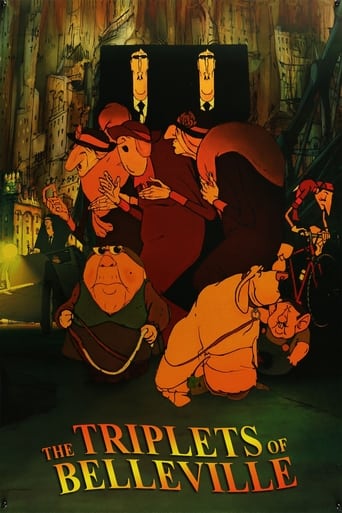
11 Jun 2003

The Triplets of Belleville
When her grandson is kidnapped during the Tour de France, Madame Souza and her beloved pooch Bruno team up with the Belleville Sisters—an aged song-and-dance team from the days of Fred Astaire—to rescue him.
In 1925 what may have been the first cycling film was made, Le Roi de la Pédale starring the popular comedy actor Biscot, and with scenes shot on the Tour de France and also with Henri Decoin as a screenwriter.

Fortuné Richard

Simone Piérard

Jacquemart
Le directeur sportif

Bouboule de gomme

Le père Anatole
Le directeur de l'usine de cycles
Le contremaître Bonbonne
La bonne de l'hôtel

Maman Richard
Olga

11 Jun 2003

When her grandson is kidnapped during the Tour de France, Madame Souza and her beloved pooch Bruno team up with the Belleville Sisters—an aged song-and-dance team from the days of Fred Astaire—to rescue him.
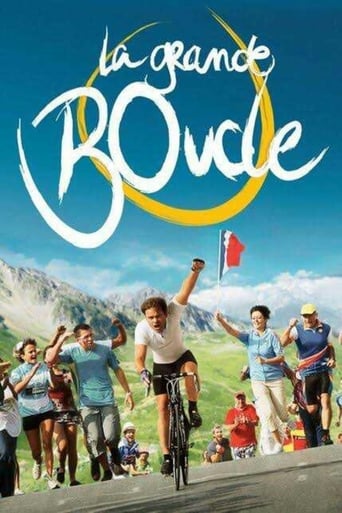
12 Jun 2013

François decides to participate in the Tour de France alone, inspiring a wave of media enthusiasm, much to the chagrin of the Tour's pros.
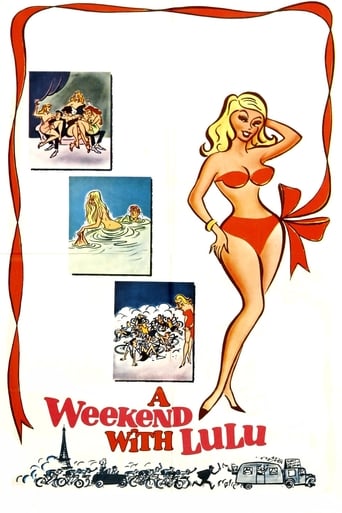
10 Apr 1961

Fred, Tim and Deirdre plan a fun weekend break on the coast. What they didn't make allowances for was the company of Deirdre's mother who insists on coming along as her daughter's chaperone.
22 Oct 2009
From Colorado to Qatar, California and France, this documentary follows a year in the life of the U.S.-based professional cycling team Slipstream -- a group that's made it their mission to restore the good name of cycling. Sure, the guys -- including Swede Magnus Backstedt and Brit David Millar -- wouldn't mind a Tour de France invite, but they're even more passionate about inspiring the next generation of cyclists.

06 Aug 2006

Detour de France offers a fascinating look inside the world's biggest annual sporting event. The film focuses on three Australians reporting on the world famous cycling event. All three bring a larrikin humour to their antics, which propels the film from mere reportage to something more akin to attending a sporting event with 'the boys'.
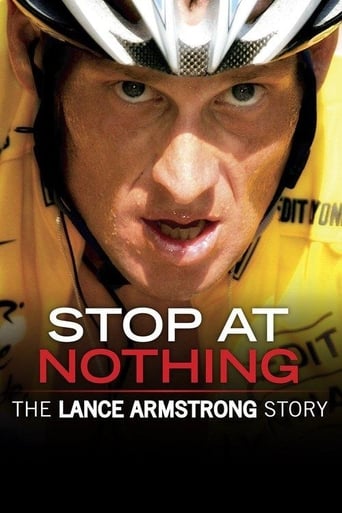
27 May 2014

A portrait of the man behind the greatest fraud in sporting history. Lance Armstrong enriched himself by cheating his fans, his sport and the truth. But the former friends whose lives and careers he destroyed would finally bring him down.
19 Jul 2016
No overview found
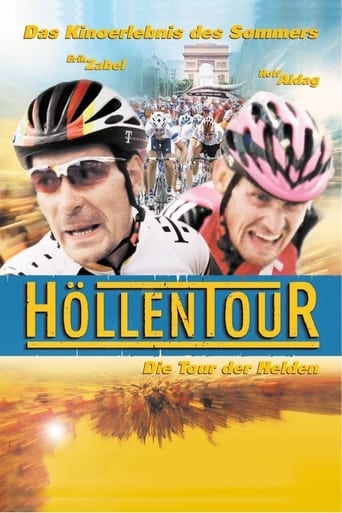
10 Jun 2004

Year after year hundreds of thousands of fans line the route of the Tour de France, cheering on their heroes and willing them to victory, while millions of viewers worldwide tune in on their televisions. Academy Award-winning director Pepe Danquart, fascinated by the spectacle of the three week race, chose to focus on the courage, the pain and the fear of the riders of the Tour. Training his lens on German superstar sprinter Eric Zabel and his loyal domestique Rolf Aldag, Danquart captures the thrill of the race and the teamwork behind the stars of the peleton. He also shines light on the Tour's supporting cast - the director sportifs, masseurs, and, of course, the wildly enthusiastic fans. Reveling in the stunning landscape - from the Alps to the Pyrenees to the Massif Central to Paris - and with a nice dollop of Le Tour's history, HELL ON WHEELS transcends the sport it celebrates to reveal an astonishing human endeavor.
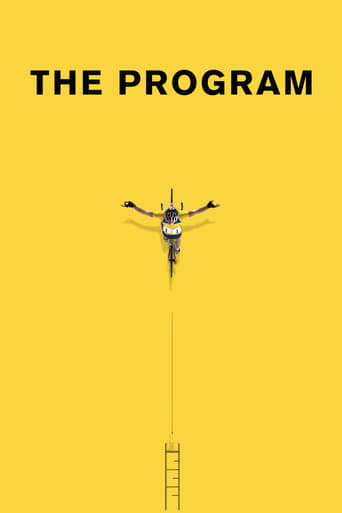
16 Sep 2015

An Irish sports journalist becomes convinced that Lance Armstrong's performances during the Tour de France victories are fueled by banned substances. With this conviction, he starts hunting for evidence that will expose Armstrong.
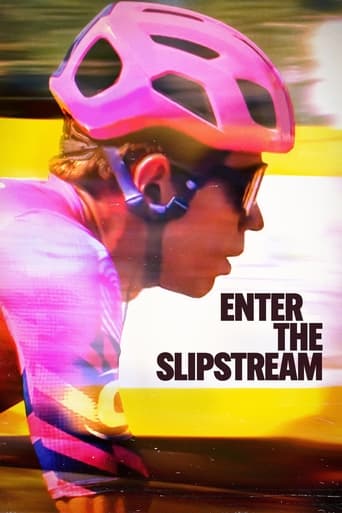
20 Apr 2023

Follows the Education First (EF) Cycling Team as they navigate a turbulent 2020 season through the Tour de France, telling the individual stories of the riders, from Colombian star Rigo Urán to rising up-and-comers and veteran teammates.
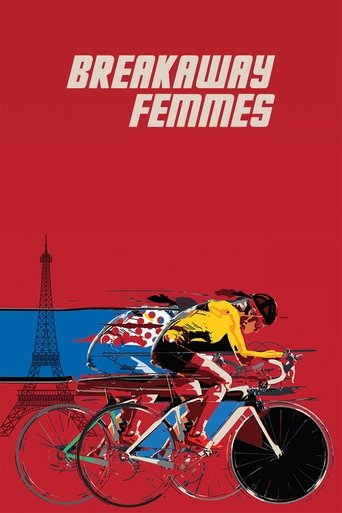
07 Apr 2025

The untold story of the halcyon era of women's professional cycling. For six glorious years during the 1980s, the Tour de France held a women's race alongside the men's race. These women raced over the same cobblestones, conquered the same mountains, and were cheered by the same throng of adoring crowds as the men.
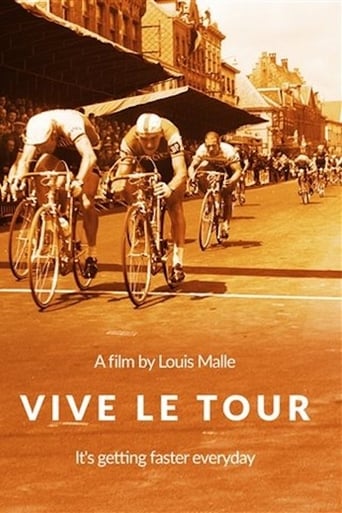
01 Oct 1962

A short documentary about the 1962 Tour-de-France. Topics covered include: crowds of people and motorcycles, drinking raids and feeding, pileups, doping, "the charge," and the mountain stages.
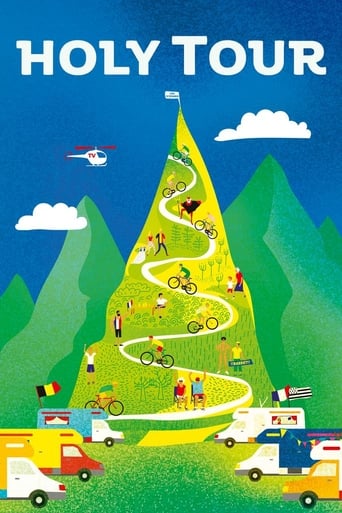
03 Jul 2019

It's summer. The Tour de France is coming and senior fans arrive in their camper vans in this endearing documentary that revels in its visual humour.
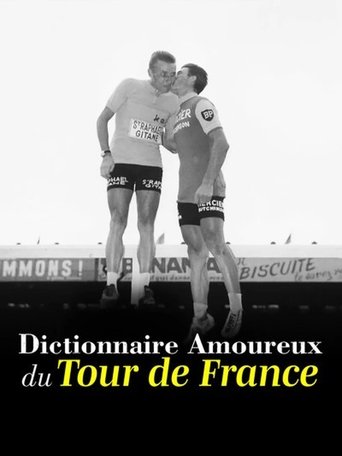
02 Jul 2025

No overview found

02 Jul 2025

No overview found
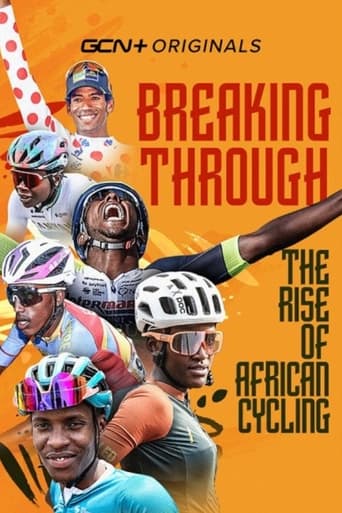
29 Aug 2023

Biniam Girmay’s recent successes have shown that African cycling is on the up, ready at last to follow athletics and football into the big time. But why has it taken so long, and what’s needed to take it all the way? Set against the beauty and battles of the Tour du Rwanda, we explore the past, present and future of riders from Eritrea, South Africa, Rwanda and more, meeting Girmay and the rising stars hot on his heels, as well as the people passionate about giving these riders the opportunities they deserve. This is the story of the next great continent in cycling - Africa.
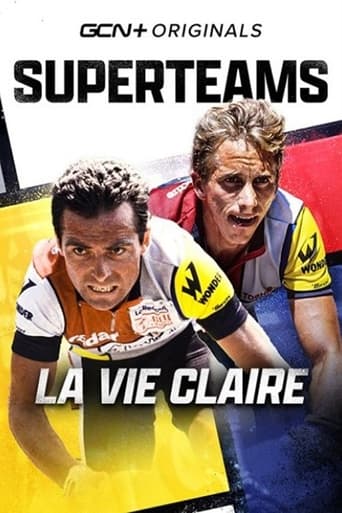
17 Jul 2023

In the mid-1980s, one team dominated the cycling headlines: La Vie Claire. Despite a ferocious internal power struggle between two of the sport’s biggest stars, they racked up more than 100 wins. Wearing their iconic Mondrian jersey, Bernard Hinault and Greg LeMond won two of the most infamous Tour de France victories of all time. Bankrolled by the controversial businessman, Bernard Tapie, La Vie Claire rewrote the rulebook on both bike racing and fashion. Dan Lloyd is joined by special guests Pippa York and William Fotheringham to discuss how the team turned a recipe for disaster into a period of complete dominance.
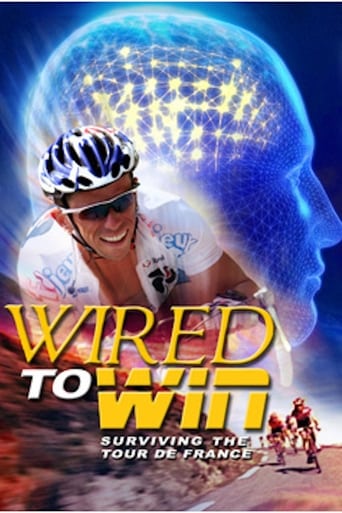
05 Dec 2005

Cyclists in the Tour de France demonstrate the ability of the human brain to overcome physical and mental adversity and achieve goals.
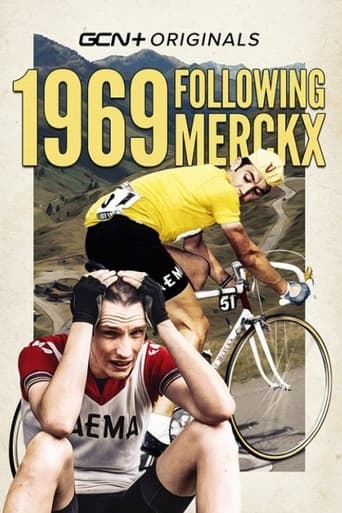
20 Dec 2022

1969. July the 15th. Stage 17 of the Tour de France. A brutal stage from Luchon to Mourenx covering four of the toughest mountains in the Pyrenees. On this fateful day, Eddy Merckx catapulted himself into the history books with one of the greatest solo breakaways the sport has ever seen. Fast forward over half a century, and GCN’s Simon Richardson is in the Pyrenees to pay tribute to The Cannibal by recreating his ride. To make the 220km epic even more challenging, Si will do it aboard his 1969 spec Faema team bike and wearing their iconic red and white jersey. Eddy Merckx made this ride look easy, but will Si even make it to the finish line?
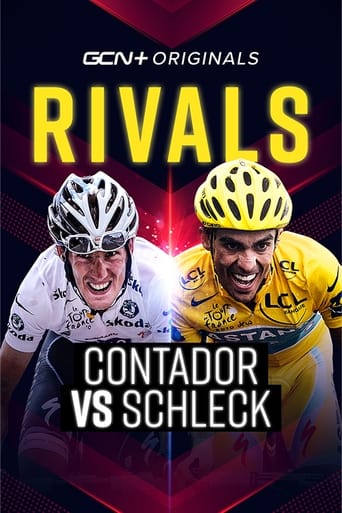
20 Jun 2023

Andy Schleck & Alberto Contador. A pro cycling rivalry that ignited the Tour de France in 2009 and 2010. The fiery Spaniard and the level headed Luxembourger only went toe to toe at the Tour on a few occasions; but their rivalry has gone down in history as one of the most explosive, entertaining, and controversial the sport has ever seen. Dan Lloyd is joined in the studio by Nicolas Roche and William Fotheringham to dig into what made this rivalry so compelling. They’ll re-live epic battles, and debate who is the greatest.